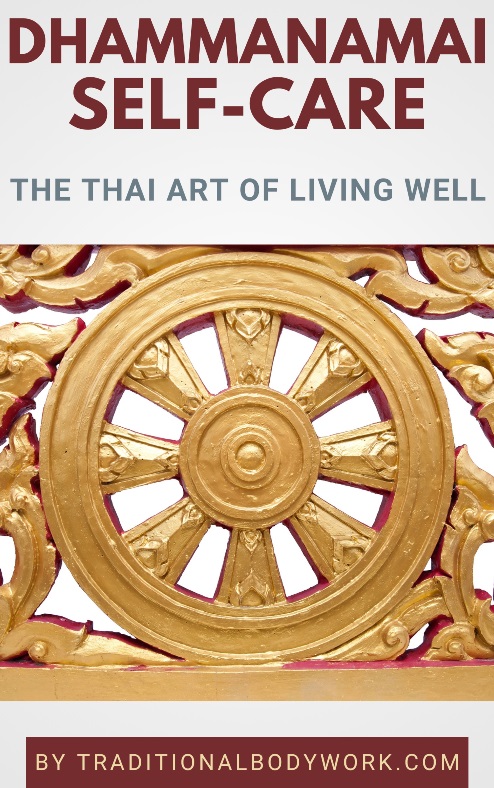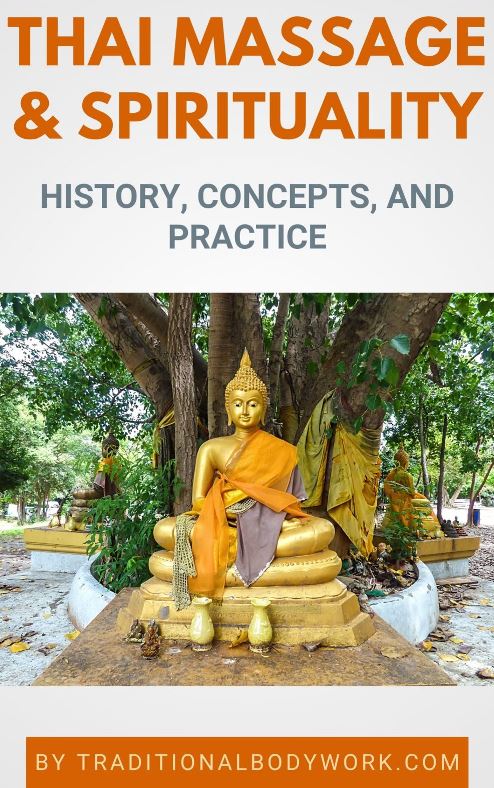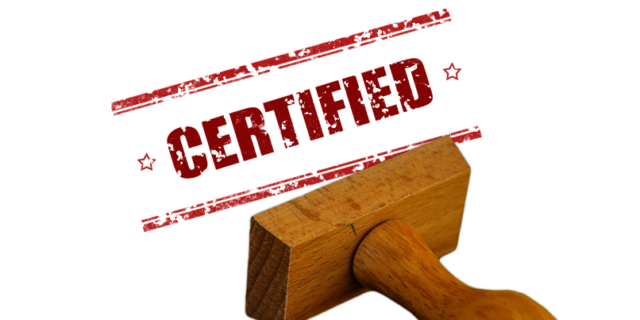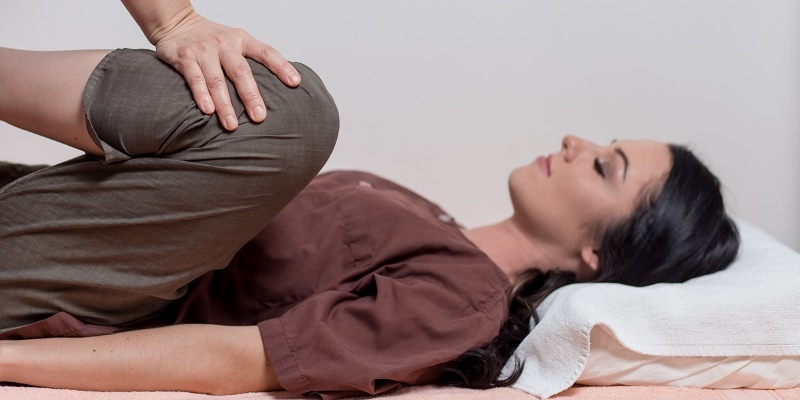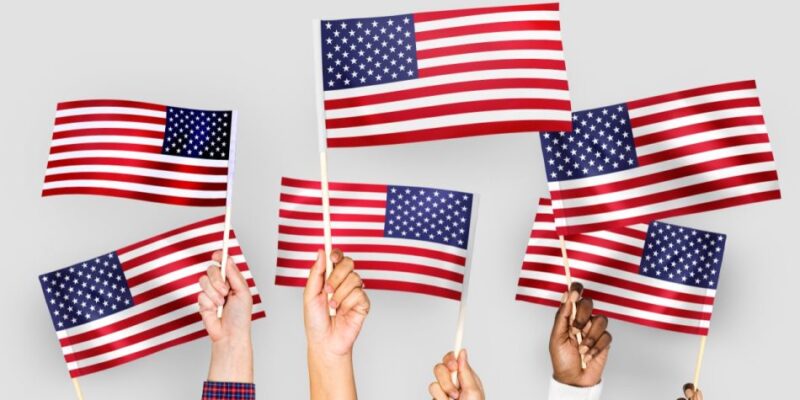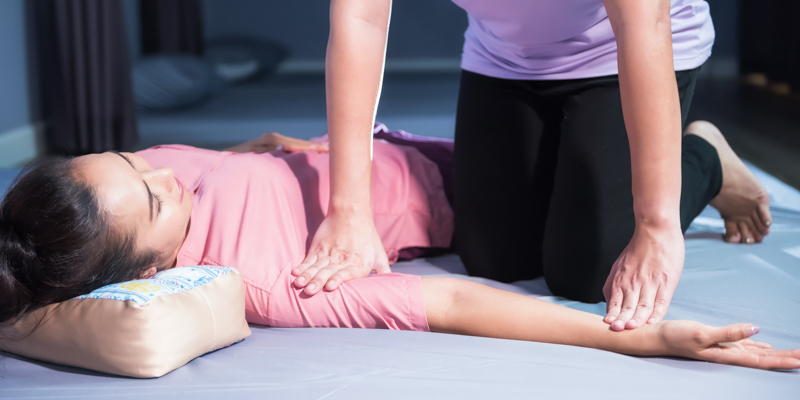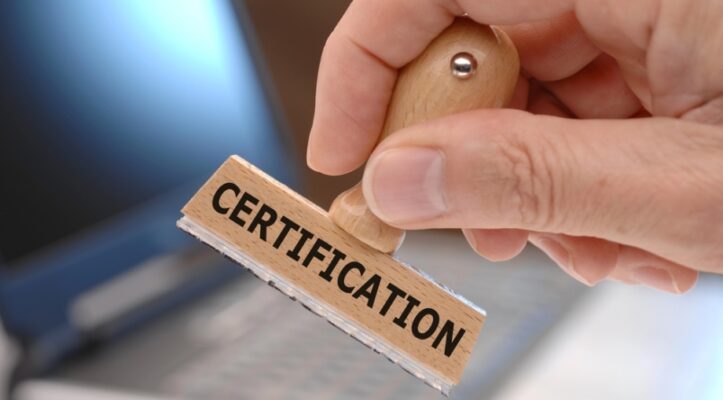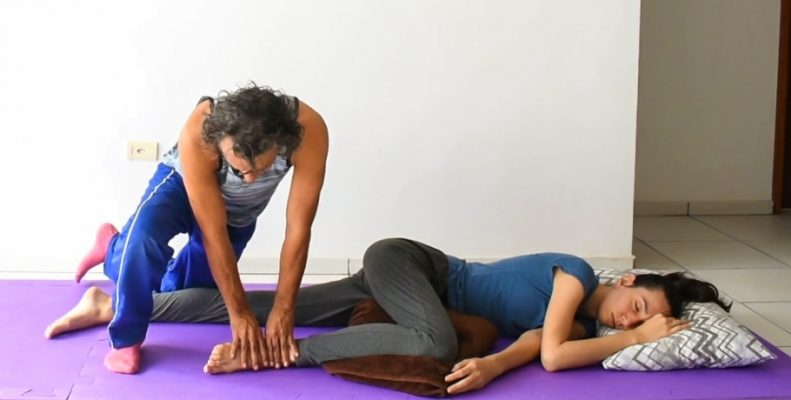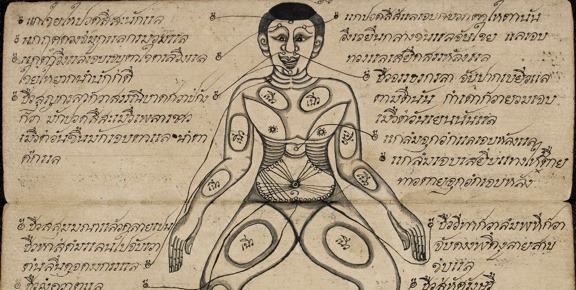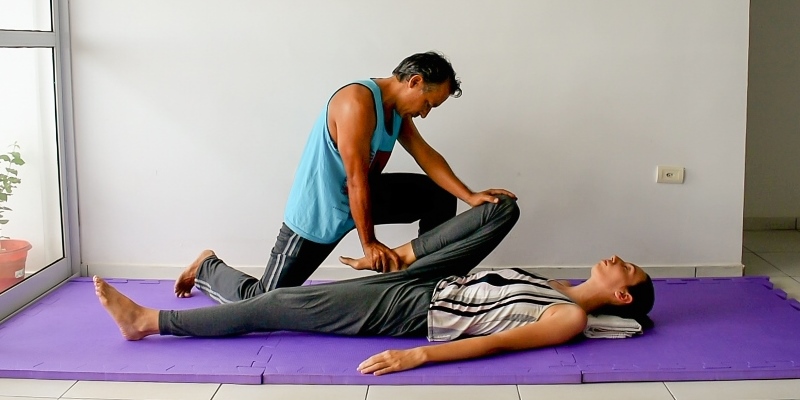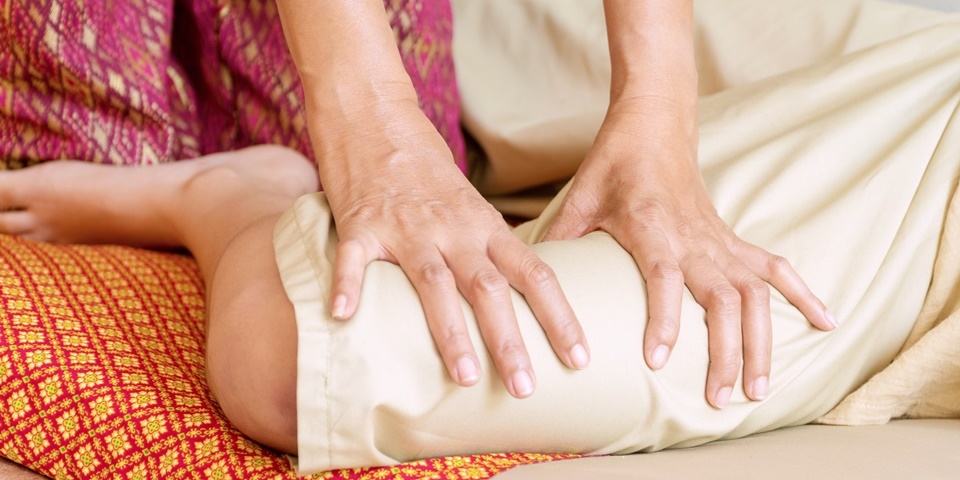
After Thailand, the United States (USA) is the country with the highest concentration of Thai Massage and Thai Healing Arts training providers.
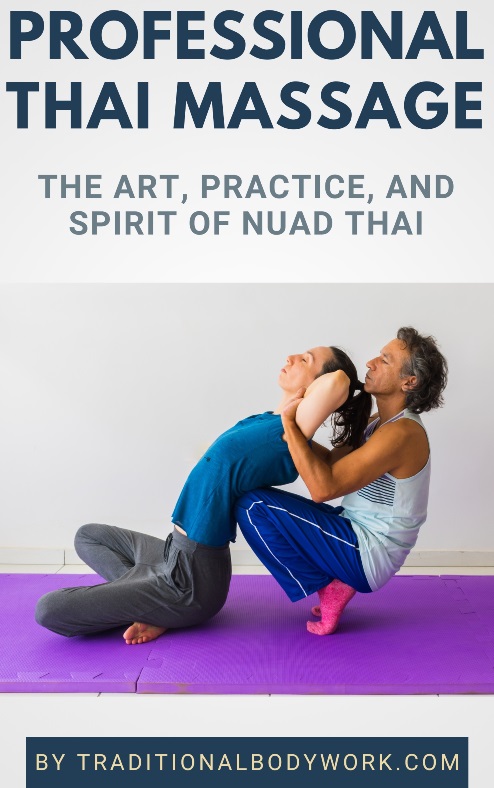
We’ve currently registered about 300 trainers in our database, which is still a wide gap compared to Thailand with more than 2,000 centers, but it’s much more than other countries around the globe.
Surely, in Thailand, Thai Massage training and course offerings for non-Thai are limited, so the number of Thai training schools suitable for so-called Farangs (foreigners) is more around the 250 instead of 2,000.
Anyhow, the number of massage training centers in a given country is directly related to the demand for massage practitioners. In Western countries that are wealthy, demand for massage and bodywork has grown significantly in the last 30 years, that is, massage treatment services have become a commodity service.
Training Center Distribution in the USA
Thai Healing Arts training centers and teachers can be found in most of the US states, but in some states more than others. States that have larger numbers of trainers are for instance California, New York, Texas, Oregon, Massachusetts, Washington.
In general, the states that show higher numbers of Thai Massage schools host between 15 and 25 schools and trainers. The states that follow as for the quantity of training offerings, like for instance Illinois, Hawaii, and North-Carolina, host between 5 and 15 training centers.
We need to remark that there are large training schools, smaller midsize schools, and individual teachers operating alone. Plus, some schools and teachers are highly specialized in Thai Massage, others just venture a bit into it offering some very basic workshops — quality and differences in depth of training can vary significantly. We will not go into that topic for now.
Becoming a Thai Massage Therapist in the USA
In the United States, there are basically no official programs to become a licensed or registered Thai Massage Practitioner or Thai Massage Therapist.

The way it works, is that one needs to do a (general) massage therapy college training, which depending on the US state usually takes between 500 and 1,000 hours of study. In these programs, one learns about anatomy, phusiology, business, ethics, and so on, and about the theory and practice of a variety of massage modalities (sometimes only Western, sometimes a mix of Western and Oriental massage and bodywork modalities). One can then become a so-called Licensed Massage Therapist (LMT).
So, it means you may have taken 1,000 hours of Thai Massage courses in Thailand, in the US or elsewhere, but that wouldn’t give you the legal right to practice massage in the USA. As said, you will need to follow a official, state acknowledged Massage Therapy Program at a Massage College or Massage Institute. After that, the licensed therapist can just simply take a short-duration one or two week Thai Massage course with an approved Continuing Education provider to be allowed to officially and legally practice Thai Massage.
Now, what about Thai Massage certification, accreditation, and licensing?
Well, anybody with the appropriate qualifications (for instance someone who has had a teacher training in Thai Massage) can certify your Thai Massage course. The certificate has more value when the Thai Massage teacher or school has been accredited by, for instance, the NCBTMB.
As stated above already, licensing is done by a local government body that (following a set of rules and laws depending on the US State) acknowledges (has accredited) your Massage Therapy Training school. If Thai Massage was part of your Massage Therapy program, that will automatically qualify you to practice Thai Massage, else, you will need to take a separate acknowledged Continuing Education (CE) course or workshop.
Note that not all states in the USA require licensing (yet) to practice massage or massage therapy. Also, one can, in some states, avoid problems by offering Thai Bodywork and not Thai Massage, because “massage” or “masseur” is often a legally protected label. Anyway, always first check out local regulations and laws if you want to start practitioning Thai Massage, Thai Healing Arts, Thai Bodywork, or whatever you name your practice.
Thai Massage Training Courses and Programs
In the US, we find various forms of Thai Massage training, like for instance, courses, workshops, playshops, long-duration programs, and integrated Thai Massage training in official Massage Therapy programs (offered by Massage Colleges or Massage Institutes).
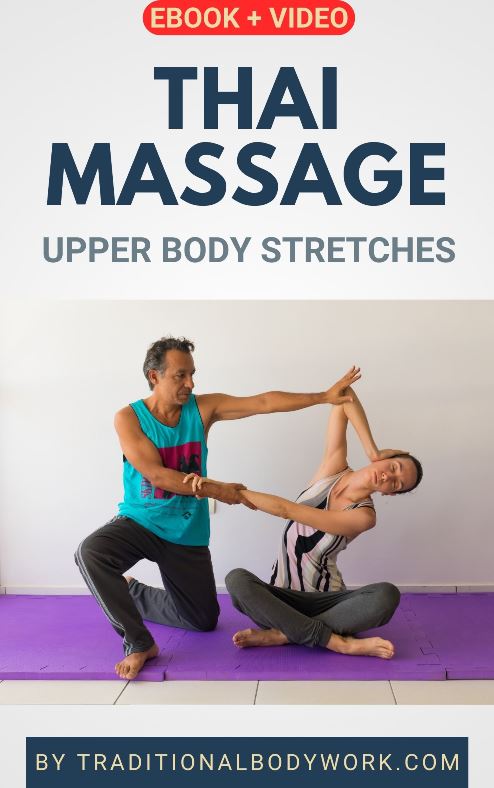
Courses, workshops, and playshops are often positioned as Events, and attract those who are simply curious, prospective massage practitioners, or already practicing energy-workers, masseurs, and bodyworkers (also from other disciplines, like Yoga or AcroYoga), and the like.
Some of the training is offered at the Thai Massage schools and centers itself, other training (usually the so-called Events) are hosted by a variety of organizations, such as Yoga or Acro Yoga schools, cultural centers, Fitness centers, practitioner cabinets, well, you name it.
To be successful as a Thai Massage trainer in the USA, the courses and programs one offers basically need to be accredited by the NCBTMB as a valid Continuing Education module. As a certain number of hours (depending on the state) of regular Continuing Education is mandatory for licensed massage and bodywork practitioners, one will have better chances to sell the course if CEU accredited.
How to find Thai Massage Training in the US?
Here on TraditionalBodywork.com we have the most complete overview of Thai Massage and Thai Healing Arts Training Providers worldwide and in the USA. To find trainers in the US, just use our Search Box and type in your keywords.
Having said that, of course you can also search with Google or Bing and the like, on Facebook or on local or global Events websites.


